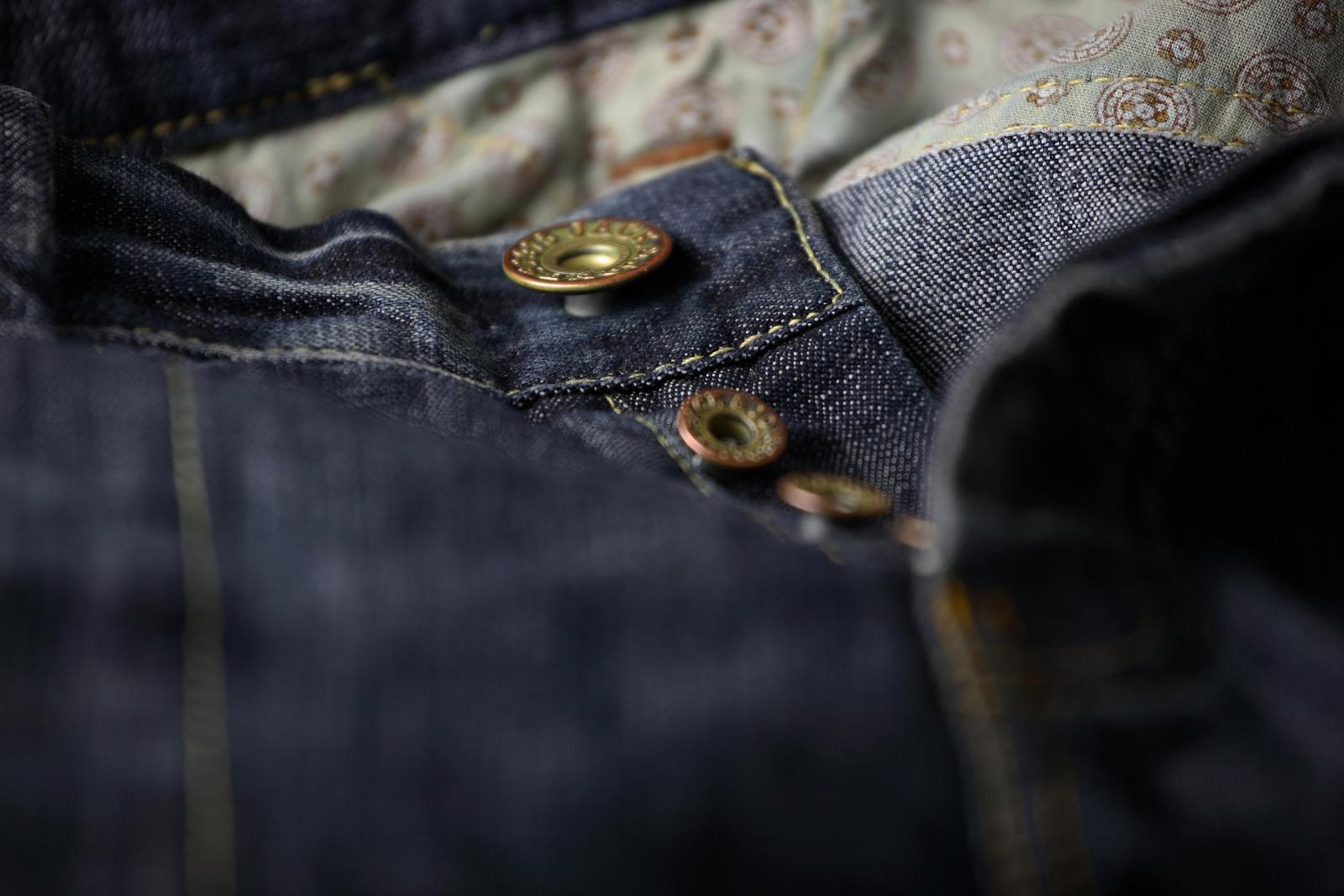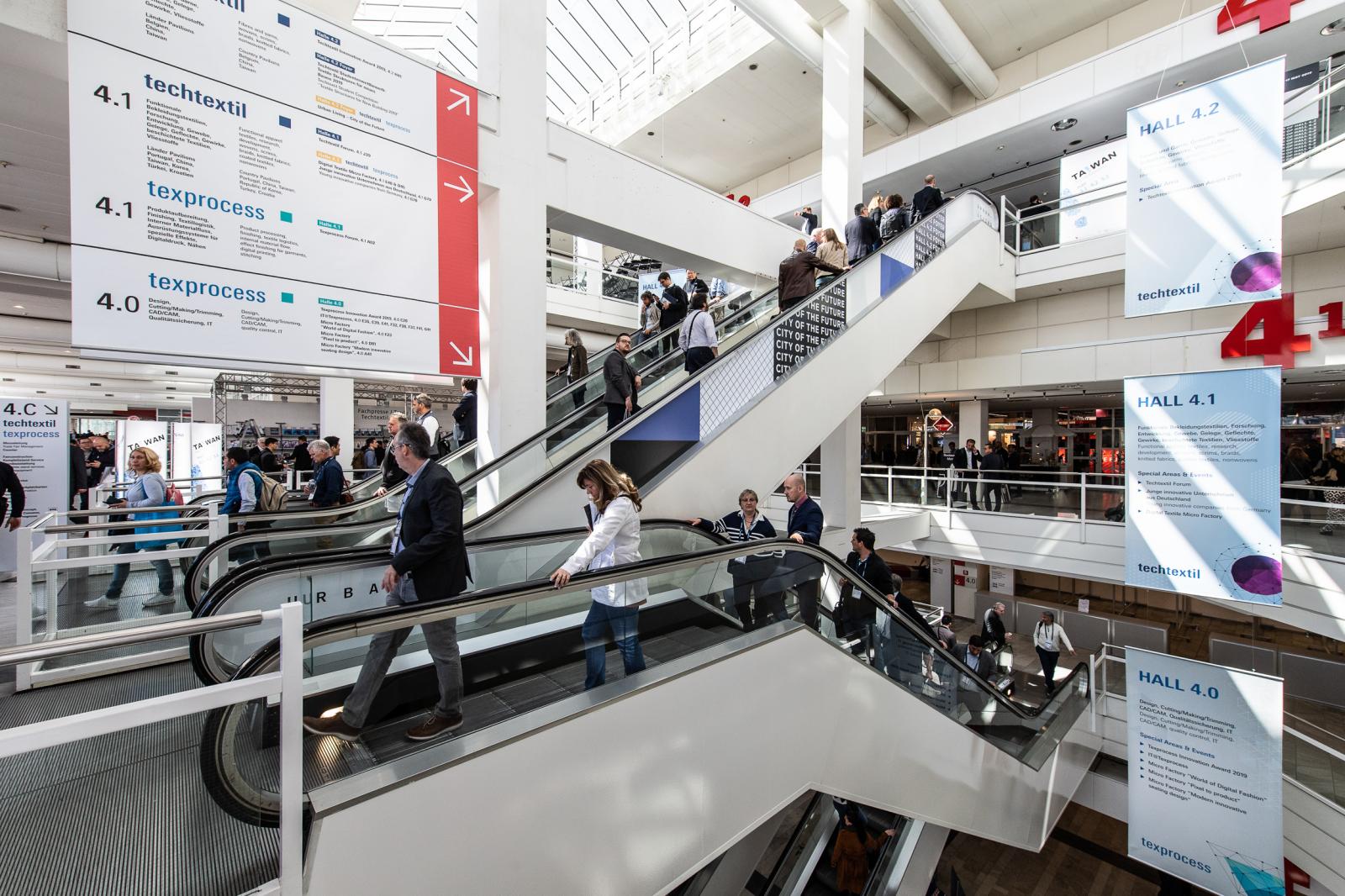Dissolvable stitches that improve clothing recycling
Resortecs has developed an innovative solution that helps solve a widespread fashion industry challenge: how to recycle garments more effectively.
The challenge relates to stitched clothes such as jeans or jackets, that need to be taken apart before their constituent materials can be recycled. The existing disassembly process is time-consuming and costly, as the garment and its components are held together by a synthetic high-strength thread, which in most cases is polyester. Before recycling, the garment has to be separated and the thread removed, otherwise the quality of the recycled product will be compromised.
Resortecs has designed a new type of thread that makes the disassembly process easier. Their threads are available for different melting-points (150° C, 170° C and 200° C) and dissolved using a commercial oven. The choice of thread depends on the type of garment that is being taken apart. The Resortecs® solution allows up to 500kg of garments (=>1000 pairs of jeans) to be dismantled at the same time.
Why it’s an example of the circular economy
Currently less than 1% of all garments are recycled to a high quality. The rest are downcycled, incinerated or landfilled, translating into a loss of USD 100 billion worth of material annually.
The production of new materials to replace those that are landfilled or incinerated, accrues significant environmental and social impacts, including massive freshwater consumption, land degradation and greenhouse gas emissions. For example, 2.4% of the world’s arable land is cultivated with cotton, but growing cotton accounts for 24% of the world’s annual demand for insecticides.
There are many factors that contribute to the low rate of garment recycling. One key contributor is the high cost associated with disassembly, which due to complicated and durable designs is a predominantly manual process. Furthemore, according to industry research including data from garment recycling companies in Pakistan, between 30 - 52% of denim is lost during disassembly.
In the Resortecs® process only 10% maximum of textile material is lost, and the integrity of the textile is not damaged, meaning that new garments can use a higher percentage of recycled material. Furthermore the process makes the garment dismantling process much easier and five times faster. This improves the effectiveness and economic viability of recycling, particularly in countries where labour costs are high.
Business and environmental benefits
Resortec’s enabling technologies reduce the use of virgin materials which can save costs and reduce exposure to unpredictability in resource prices and changing regulations. In the past years, consumer trends have shifted towards more environmentally conscious choices, including the use of recycled materials. And because 50% of carbon emissions and 75% of water use occurs in the production and material processing stage, this model also hugely reduces negative environmental impacts.
The journey continues
There are no silver bullets in the circular economy and often a product might be described as ‘circularish’, to reflect the continuing journey of improvement.
For Resortec’s technology to realise its full potential, other actors in the fashion system need to play their part. For example, reverse supply chains (sorters and recyclers) must adapt and optimise their operations to suit these new solutions. Designers and brands also need to understand the limitations and push the limits of circular design, for example by designing/specifying reusable buttons and zips. Policy makers need to send the right signal to the market, such as France’s forthcoming anti-waste law which bans disposal of unsold clothes into landfills.
As well as system changes, there are also potential improvements in the technology. Currently Resortecs uses a plastic based thread, which when melted should ideally be recovered and re-spun rather than discarded. The thread could also be sourced from recycled or regenerative production methods.
There is clearly already a growing appetite for Resortec’s technology which is already being piloted by 25 international fashion brands with at least one Resortec-enabled product already on the market. As the fashion industry continues to evolve, simple but powerful innovations such as this can help unlock the potential of a circular economy for fashion.
Ellen MacArthur Foundation



